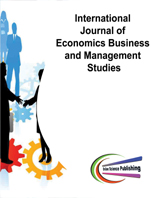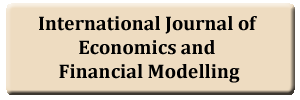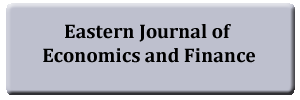Does Risk Sharing Contract Foster the Investment Climate of Malaysian Marginal Oil Fields?
DOI:
https://doi.org/10.20448/802.61.33.49Keywords:
Risk sharing contract, Marginal oil field, Profit sharing contract, Investment climate, Scenario analysis, Interview.Abstract
The emergence of Risk Sharing Contract (RSC) in the Malaysian oil and gas industry in 2010 was to improve the investment climate for the growing number of marginal oil fields. Notwithstanding the effort, only six RSCs were signed within five years (2010-2014). This warrants for the examination of whether or not the RSC fosters the investment climate of marginal oil fields in Malaysia. For that purpose, a sequential mixed method approach (scenario analysis and interview) was undertaken. The scenario analysis adopts three measures of investment appraisal (Profitability Index, Access to Gross Revenue and Saving Index), to measure investment climate under two scenarios, namely Revenue/Cost factor Profit Sharing Contract (R/C factor PSC) and RSC. The analysis was conducted under different oil price and reserves level. Results reveal that RSC improves the investment climate of marginal oil fields under low and medium oil prices, while R/C factor PSC is better off under higher oil price. The interview provides a consistent result with the scenario analysis. Further, the interview results recommend a few additional incentives in order to foster the marginal oil fields in Malaysia. The findings would provide insights to policymakers in their effort to enhance the attractiveness of marginal oil fields in Malaysia. In the same vein, the study would benefit other countries that experience an increase in the number of marginal oil fields. In line with its findings, the study highlights the scope for improvement. The direction for future research is also highlighted.




